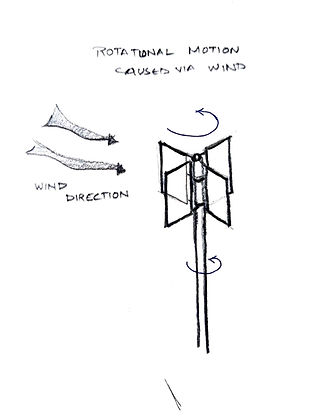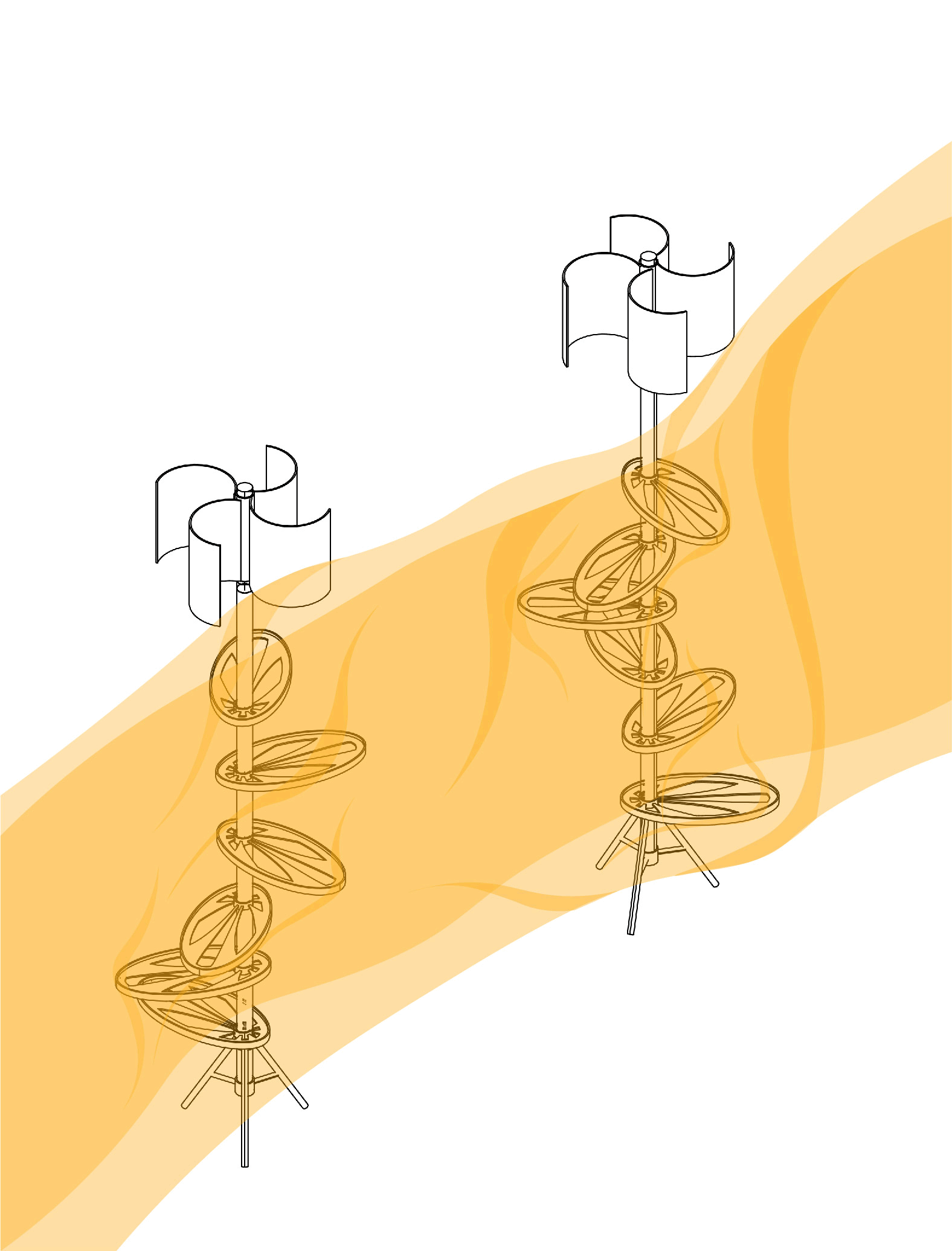RACHIT RAJ SOMANI
An architectural archive
Technological Sensorium
Seeing wind
(in collaboration with Shreya Mittal)
The mirror (1975)
.png)
The fluttering of the curtain in wind
The scene holds the phenomena of motion in layers of different materials caused because of wind. It feels to have values of softness and delicacy because of the interaction between the curtains and light. Light, wind, soft materials, motion and translucency are certain keywords we identified to work with.
The blade runner (1982)
.png)
Diffusion of light
The phenomena in the scene is light from a single source that is not visible directly gets diffused in a dark space through the particles in air. beams of light, dark space, dispersion, particles in air are certain keywords we identified to work with.
Phenomena
Observing the two scenes together, the phenomena is articulated as a soft space which is brought out by light diffused through multiple layers of a fabric and the fluttering of a curtain because of the wind.

Principles involved
The principles involved are Diffusion of light, kinetic energy of wind to rotational motion and fluttering of a cloth.


Iterations of the apparatus
The first iteration involved fabric attached to gears and rollers constantly in motion due to the turbine. To create better overlaps and play of light, it developed into a dynamic shading device. By this time, We realized that we were losing sight of the phenomenon of fluttering in a curtain. This led to the third iteration of the apparatus. It is in a constant rotational motion and has ellipses attached to its foci.



Experiential motive
This mechanism kept along a stretched cloth would create a wave-like motion which when multiple, generates the phenomenon of a flutter in a very controlled manner. The wind is felt through waves which are only felt by us. The apparatus makes them visible and are experienced through this controlled movement in the cloth. The transitional movement shapes different volumes between the two pieces of fabric which create a play of diffused light, controlled through the wind turbine.

Pavilion
The rotational motion of the wind turbine gets transferred to the elliptical discs, arranged at different angles to achieve the form of the wind waves, while also structurally balancing the apparatus. The materiality of the cloth allows a certain level of translucency which becomes a tool to experience light in a certain desired way. A pair of these turbine members kept a metre apart is then made into a wall panel. This panel could be arranged spatially to generate and strengthen the sensorium of a soft space whose elements are light, wind and fabric.

Deploying the apparatus
The materials we were working with sparked the idea of ephemeral or temporary structures capable of disassembly and installation on multiple settings after simple tweaks, if required. Hence, we decided to deploy our apparatus on two sites, one where it is as a makeshift addition to the site and the other where it is an intervention to an existing structure.

Assembly details

As a make-shift addition in a park in Charkop, Borivali
The park already hosts celebrations like Ganesh Chaturthi where a ‘pandal’ is erected. It has a concrete plinth already on site. Currently, a linear structure, with cross bracings on either side, is erected for the celebrations. With the aim of deploying the wall panel as a modular element, a grid was laid out which then aided the spatial planning and the allocation of static and dynamic walls on it.





As an intervention in an industrial shed at NESCO, Goregaon
The site has multiple industrial sheds which become spaces holding exhibitions, and larger gathering events. These sheds have stark distinction with the outside and are completely dependent on artificial lighting. Our intention is to liberate the mundaneness of the colossal sheds by attempting to incorporate a technological and sensorial experience in it through the wall panel apparatus in two manners, one where it became a dynamic source of diffused light and the other where it became inhabitable spaces of pause.






